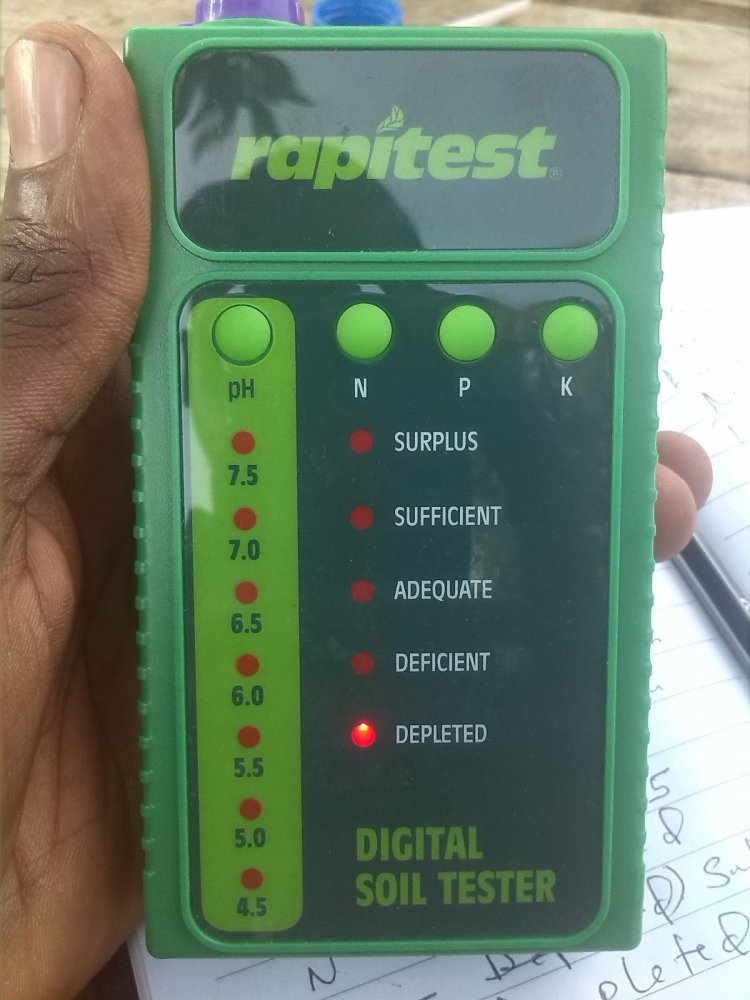Soil acidity has long plagued smallholder farmers in sub-Saharan Africa, significantly limiting crop yields and productivity in the region. Recognizing the urgent need to address this issue, the Guiding Acid Soil Investments in sub-Saharan Africa (GAIA) project, a partnership between leading global agricultural research centers and local institutions, is pioneering strategic ways to combat this problem.
The GAIA project is an alliance of the International Maize and Wheat Improvement Center (CIMMYT), the Ethiopian Institute of Agricultural Research (EIAR), the Rwanda Agriculture and Animal Resources Development Board (RAB), the Tanzania Agricultural Research Institute (TARI), among others. It is financially backed by the Bill and Melinda Gates Foundation.
The initiative seeks to optimize agriculture and bolster food security by addressing the widespread problem of soil acidity in the region. Factors such as natural weathering, acidifying agricultural practices, and the removal of nutrients from harvested crops contribute to this condition, resulting in detrimental effects on crop growth.
“Leaching of exchangeable cations is the main problem of soil acidity in the tropics, causing aluminum toxicity which impedes root development and crop growth,” explains João Vasco Silva, a spokesperson for the project.
The solution may lie in liming, a process known to counter soil acidity and improve crop yield. Brazil’s success with liming in the cerrado biome shows its potential. However, widespread implementation faces significant challenges such as greenhouse gas emissions, logistical constraints for smallholders due to the bulkiness of agricultural lime, and a lack of alternatives for managing acid soils.
The GAIA project is stepping in to fill the knowledge gap. By using updated spatial data and advanced analytical tools, the team hopes to better understand the extent and causes of soil acidity across sub-Saharan Africa. More importantly, it aims to provide clear, spatially explicit information on the likely returns on agricultural lime investments by farmers in the region.
The project will result in a comprehensive dashboard providing (1) a characterization of the magnitude and spatial distribution of soil acidity based on cropland area, rural population, and the value of production affected, and (2) spatially explicit information on the likely returns to agricultural lime investments.
As Silva explains, “This is a first step towards an updated characterization of the soil acidity problems in sub-Saharan Africa, as well as a first-order assessment of the returns to remediation efforts from the farmers’ perspective.”
The GAIA project represents a crucial effort to guide both public and private sector investments in building agricultural lime value chains. By providing relevant data, it is set to make strategic decisions that will enhance agricultural productivity, improve food security, and transform the lives of millions of smallholder farmers across sub-Saharan Africa.
